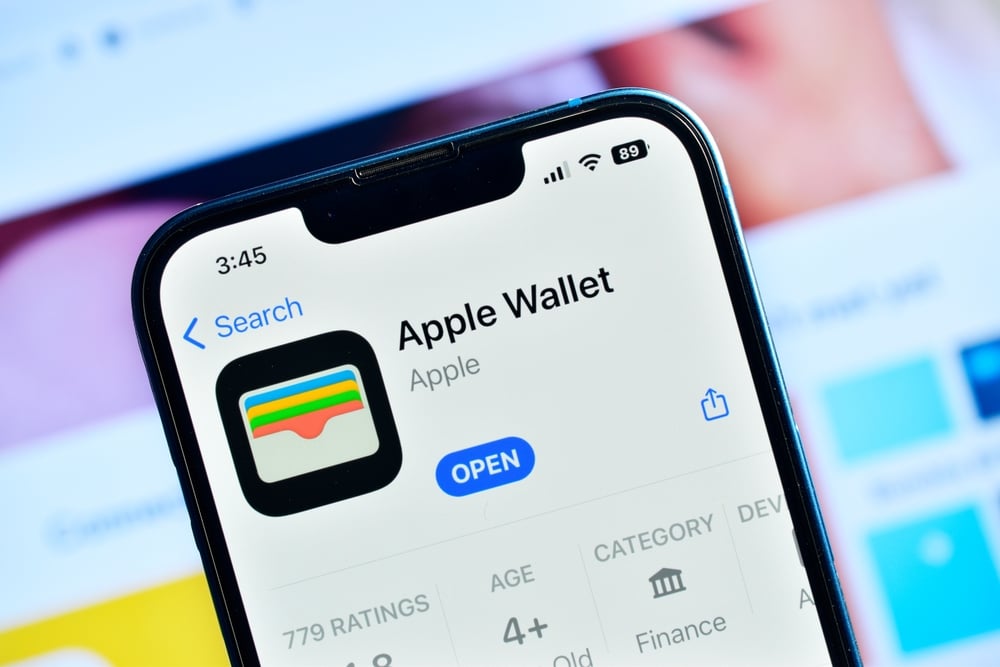The real digital divide is not one of age, but of attitude.

The narrative that pits generations against each other in a technological race is one of the more tired stories of our time. It presumes a simple contest of reflexes and youth, overlooking the profound ways different life stages shape our relationship with the tools we use.
A more thoughtful look reveals a landscape not of conflict, but of contrast. It’s a story of instinct versus intention, of digital fluency versus digital wisdom, and it’s far more interesting than any simple generational scorecard.
1. Zoomers are fluent natives in a digital world.

For those born into a world of touchscreens and high-speed internet, technology is less a tool and more an environment. They navigate new apps and platforms with an instinctual ease, integrating them into their social lives almost unconsciously. This fluency makes them the primary drivers of emerging trends, setting the pace for what becomes mainstream and forcing constant innovation across the digital landscape.
Their adaptation is rapid and widespread but can also be fleeting. The same speed that allows them to jump onto a new platform also allows them to abandon it just as quickly for the next big thing.
2. Boomers are intentional adopters seeking real utility.

Contrary to outdated stereotypes, we have embraced technology with remarkable depth, though our process is different. Our adoption is a conscious choice, driven by a clear purpose like connecting with family, managing our health, or pursuing a passion. We engage with a methodical mindset, often taking the time to understand a tool’s full capabilities before integrating it into our lives.
This deliberate approach fosters a powerful loyalty. Once a technology proves its value by solving a real-world problem, it becomes a trusted part of our routine, making us a stable and deeply engaged group of users.
3. Zoomers drive platform evolution with rapid feedback.

Because Gen Z treats technology as an ever-present part of their environment, they engage with it constantly and vocally. They are not passive consumers; they are active participants who provide immediate feedback through their usage patterns, social media commentary, and viral trends. Tech companies watch their behavior closely, using it to guide updates, features, and even the creation of entirely new platforms.
This makes them the unofficial research and development department for much of the social internet. Their collective whims and habits have the power to elevate or doom a new app in a matter of weeks.
4. Boomers seek deep mastery over fleeting novelty.

Our generation is less interested in collecting a dozen apps that do similar things and more interested in mastering the ones that truly serve us. When we adopt a tool, whether it’s photo-editing software or a financial planning website, we often invest the time to learn its intricacies. We read the instructions, watch the tutorials, and practice until we are proficient.
This desire for competence over casual use means we may have fewer apps on our phones, but we often know how to use them more thoroughly than younger, more transient users.
5. Zoomers view their identity as intertwined with tech.

For many in Gen Z, there is little distinction between their online and offline selves. Their digital presence is a carefully curated extension of their identity, a place for self-expression, community building, and social signaling. Their choice of platforms, the content they create, and the way they interact online are all fundamental components of who they are and how they present themselves to the world.
Technology is not just something they use; it’s a vital medium through which they explore and construct their personal and social identities from a very young age.
6. Boomers are often wiser and more cautious digital citizens.

Having lived a significant portion of our lives before the internet, we tend to approach the digital world with a healthy dose of skepticism. We are naturally more guarded about our personal information and more likely to question the legitimacy of an online offer or request. This caution is a feature, not a bug, born from decades of real-world experience.
This inherent prudence serves as a valuable defense mechanism against the scams, misinformation, and privacy pitfalls that are rampant online, making us less likely to fall for digital traps.
7. Zoomers value public sharing as a form of connection.

Growing up on social media has cultivated a different perspective on privacy for Gen Z. Sharing personal experiences, thoughts, and daily life with a wide audience is often seen as a normal way to build community and foster connection. The lines between public and private are more blurred, with personal revelation often valued as a sign of authenticity and relatability.
This comfort with public self-disclosure fuels the content engines of major platforms and shapes a culture where personal life is often performative and widely accessible.
8. Boomers possess the purchasing power to drive the market.

While younger generations may drive trends on free social platforms, our generation holds the majority of the disposable income. We are the ones buying the new tablets, investing in smart home ecosystems, and paying for premium software and services. Tech companies know that we are a powerful market for high-value hardware and subscription models.
This economic clout means our needs and preferences are increasingly shaping product design and development, proving that influence isn’t just about what’s trending, but also about what sells.
